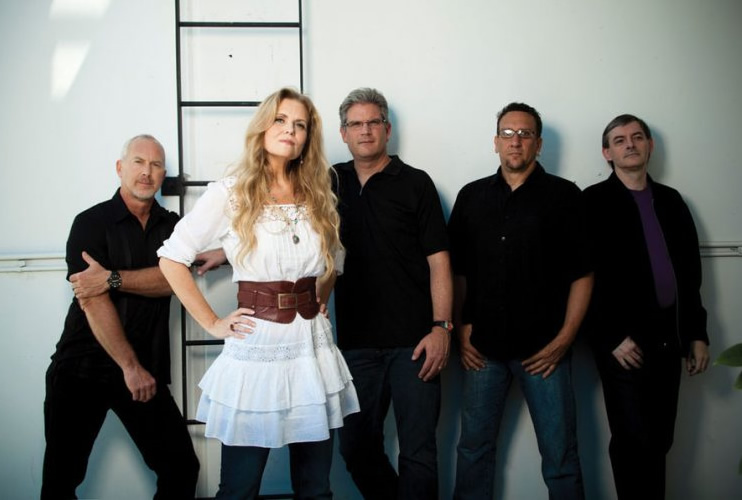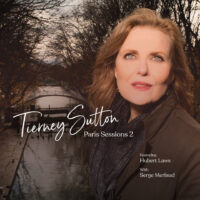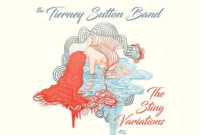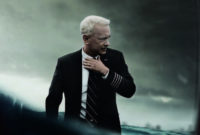Tierney Sutton inhabits songs as few vocalists can or do: with a certain vulnerability and powerful drama that imbues each song with an electricity that sends tingles up and down the spine. These singular characteristics melt into her sense of how to vary her phrasing with such subtlety that, if the inner ear is not tuned in to her voice, the magic vanishes in the flashes of lightning that appear every now and then as she sings. And so to pick a program, as she has done on American Road, means that it is almost certain that she will deliver something truly memorable. Of course she does not ever disappoint. Each song is almost completely re-imagined—not only conceptually, but also in minute detail. Sutton enunciates with precision, even when she sings wordlessly, bringing a certain mathematical approach to the song. And then, just when it seems rigidity might descend upon the proceedings, in one quivering moment, she employs a quiet elasticity to a syllable or a sound and a new lyricism is born.
These remarkable moments appear in as “Oh Shenandoah” melts into an achingly beautiful version of “The Water is Wide.” The manner in which Sutton dallies over, bends and lets a sweet tremulous vibrato tug at words like “hear” and “sound” in “Amazing Grace” is another example of how exquisite and deeply touching a song becomes at her command. There is a measured grace in her rendition of “Tenderly.” The superbly nuanced twists and turns of “Yip” Harburg’s “The Eagle and Me” are maddeningly playful. This is contrasted by the deadly seriousness of her interpretations of Gershwin. The three song sketches from Porgy and Bessare exquisite: from the prophetic preaching of “It Ain’t Necessarily So” through the bluesy liberation of “Summertime” and the finale—a desperate realization and return to hard times in the magnificent catharsis of “My Man’s Gone Now.” Sutton also does a marvelous job of rendering Stephen Sondheim as she brings to life the grandeur of sweeping vistas of pastoral America.
Much of the success of this album has to do not only with the superbly crafted arrangements of the songs as they leap and swing from major to minor transpositions, but also to the intuitive playing of the band. Each of these gentlemen is an astute listener. The use of two bassists adds a certain robustness to the rhythm and, at times, to the melodic and harmonic perspectives of the songs as well. There are several magical moments with the bassists especially in “Summertime” as the pizzicato and con arco from one to the other intertwine to accentuate the drama of the interpretation. Finally there is the recording itself. The crispness of sound is a wonderful feature here especially in the woody sound of the basses, the sizzle of the cymbals and the nervy vibrations of the skins of the drums. The crowning glory, of course, is in the occasional husky sweetness of Sutton’s voice.
Raul D’Gama Rose
AllAboutJazz.com






